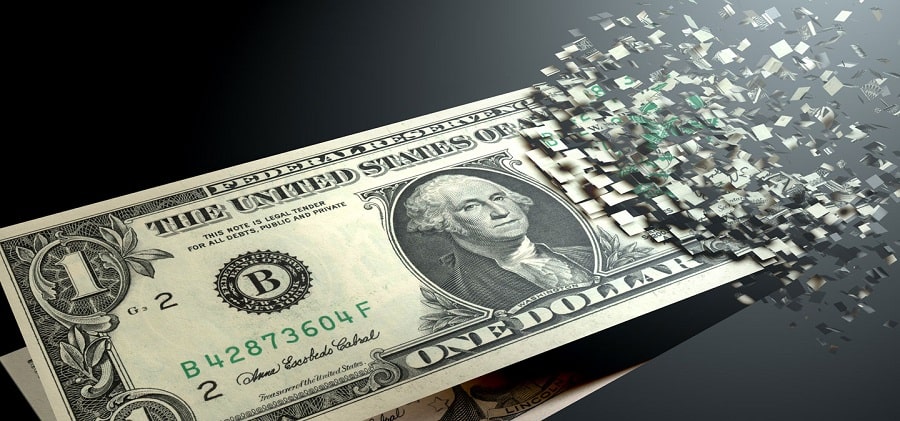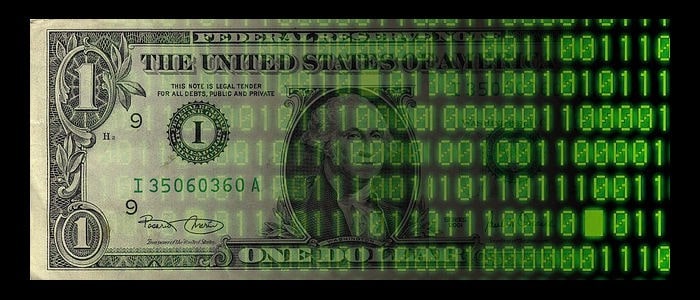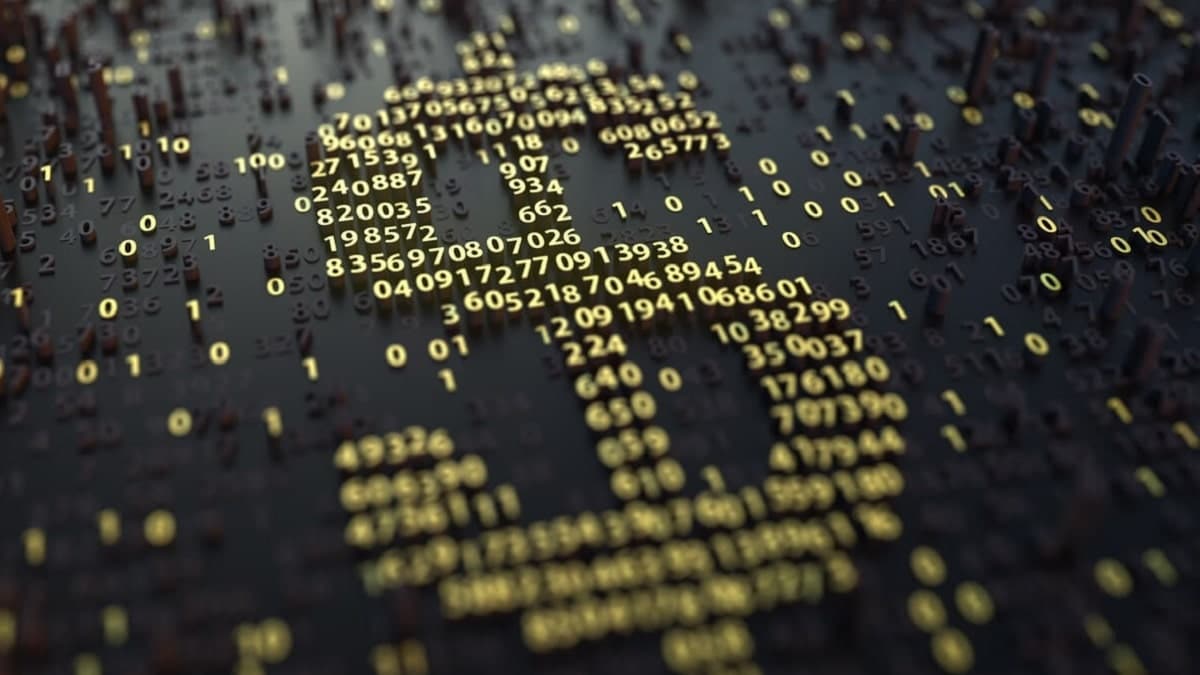The American Parliament proposes an extended test of the digital dollarcarrying thee-cash in the ‘pockets’ of many citizens. The proposal provides four-year experimental use of digital currencies, which unlike cryptocurrencies would have a value directly linked to that of the dollar. An alternative to using physical cash and credit cards more than a real crypto. But it seems likely that the discussion in Parliament is heated.
Digital dollar, America ready for a four-year test
The Democratic deputy Stephen Lynch has presented the Electronic Currency and Secure Hardware (E-CASH) Act. A bill that asks the Secretary of the Treasury to test a “electronic version ”of the US dollar. In addition, the law provides for the establishment of the Electronic Currency Innovation Program (ECIP). Who will oversee a series of tests on what the proposal calls e-cash.
The currency would be ‘printed’ directly by the Treasury Department, without private intermediaries such as banks or credit card agencies. The first test would begin 90 days after approval, with a series of public trials over the next four years.
They are not cryptocurrencies
Although the first instinct is to link the dollar to cryptocurrencies, in reality the concept and the mechanism of use are completely different. E-cash should have “ownership of minimal transactional data generations”. So it will not use the blockchain to keep a public report of currency passes. A system for peer-to-peer payments to other users that does not pass “through a common or distributed ledger” such as the blockchain.

The goal would therefore be to create an electronic system with the privacy and value stability of classic dollar bills. Only without the physical part. But distinguished from payments via financial services by the lack of additional transaction or tenure fees.
Digital dollar, still a long process
The bill already has four other Democratic signatories. But it might require the need for at least three proof-of-concepts that testify the functionality of the system. It seems that direct collaboration with universities and financial institutions may be needed to test different technologies to be set up in the case of the passage of the standard.
At least one of these tests appears to be using one physical card that would act as an e-cash wallet, while another would use the scheda YES or a ‘app on your smartphone. After these first tests, a public test should find space within four years but with a limited number of users.

Virtual state currencies are increasingly being considered
The caution therefore seems very high. But in the United States, the concept of virtual currency is not new. There Federal Reserve, US central bank, has released a preliminary report on the matter in which it explains that Americans without banking services could benefit from this novelty. More recently, the Biden administration mentioned it in its executive order regarding the cryptovalute. This initiative would be detached from the efforts of the executive, but in the same direction.
Europe seems to want to propose a digital euro by 2023 and the China lead the change with a pilot project for the digital yuan starting this January.
But that doesn’t mean physical coins will disappear anytime soon. The Congressman Garciasignatory of the law, explains: “the cash remains our strongest tool to promote financial inclusion while protecting privacy and security. The new digital tools will simulate it, they will not replace it ”.
According to many commentators in America, the law will not pass without a long discussion in the courtroom. But it seems clear that the general sentiment goes towards the introduction of this alternative. We will keep you updated on the development of this technology.















Leave a Reply
View Comments